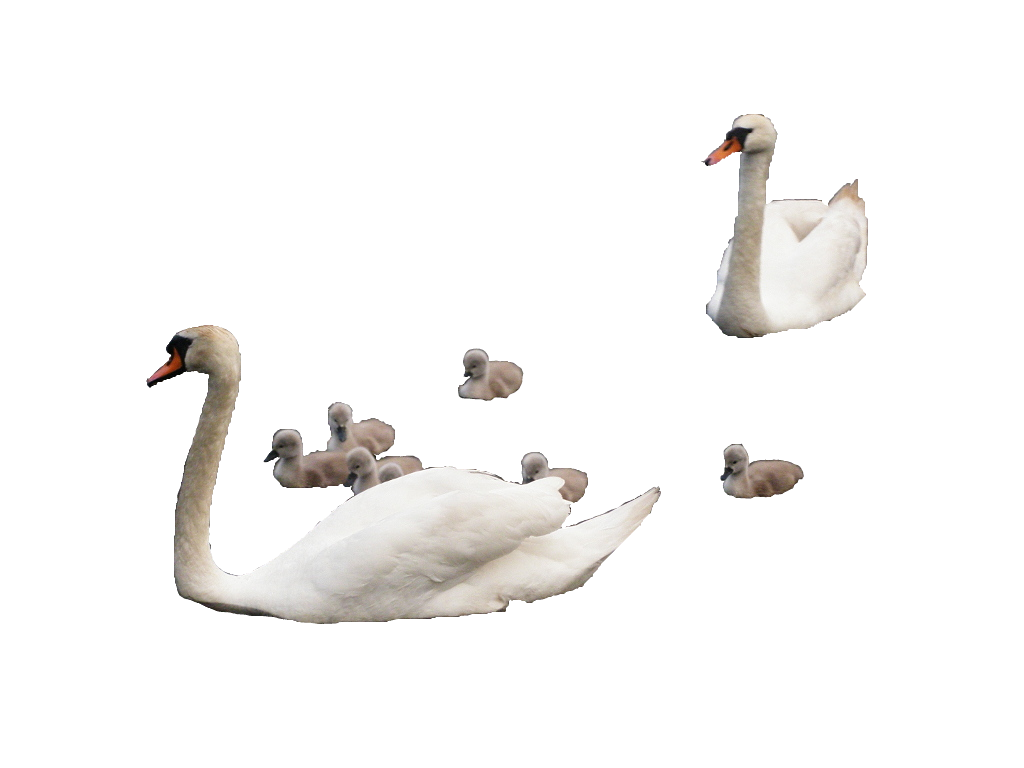
You are here
2.3.1. Exploratory research

Research
Every young and old[er] individual must be given the time, space, resources and opportunities to do "scientifically" exploratory research.
Each individual, from an early age on, needs to investigate, in a righteous, themselves and others not damaging way, how you learn to want something just by yourself, to be able to, to do and to be.
Each individual, from an early age on, needs to investigate, how he of she best his or her will can attune on the will of others, in a righteous way, at the right distance, without damaging themselves and others.
Each individual, from an early age on, has to get the opportunity to keep an eye on the world around him or her, with the open mind of a newborn newcomer, to observe and to investigate whether someone is or conceivably wil be damaged.
Research-centres
Every village and city-centre will get research-centres where individual and collective research-projects can be set up [see Housing / Spatial planning].
On the Internet, on a separate to open location, Internet-research-centres will be set up, where also everyone can contribute to the best of ability, or can suggest and explore ideas or hypotheses.
The various amateur and professional research-projects and conclusions are bundled on a separate Internet location, scientifically verified, examined, tested, coordinated and categorized.
Scientific research-centres [universities ao.] will monitor and investigate - in addition to their own research - the most remarkable or excelling investigations and/or hypotheses of the various amateur and professional projects and conclusions again.
Innovation
Every young and old[er] individual, from an early age on, must be given the time, space, resources and opportunities, to position themselves righteous in the world around him or her.
Every young and old[er] ndividual must, on condition of not damaging themselves and others, be given the opportunity, to intrinsically discover new ways to make and maintain the world more righteous, more livable, better structured and more enjoyable.
Every young and old[er] individual must, on condition of not damaging themselves and others, be given the time, space, resources and opportunity, to design new creations and products.
Every young and old[er] individual must, on condition of not damaging themselves and others, be given the time, space, resources and opportunity, to introduce and set up new ideas and products into the world.
Innovation-platform
Every village and city-centre will get innovation-platforms where knowledge and ideas are transformed into creative and business projects.
On the Internet also innovation platforms are opened, on separate locations, where everyone, to the best of ability and ideas, can contribute to new creative and business projects.
Scientific research-centres [universities ao.] too will get innovation-platforms where knowledge and ideas are transformed into creative and business projects.
On UN / government level is an umbrella platform where all information, knowledge and ideas from various research platforms are bundled together. The findings of independent investigators – who with their findings will be admitted by a, for this purpose, separate created point of contact – will be taken along in this. The results are fed back to the various innovation platforms, research-centres and independent investigators.
Science
Science is the organizing of the hypotheses, theories, regularities and systems of knowledge and information. Scientists should focus more on attuning and structuring of all available knowledge about the entire world and collect it in a publicly accessible database on the Internet.
Do scientific research isn't acquire a status position by building brainless on the findings and opinions of [on a pedestal pushed] previous scientists and playing statistic games for economic and political power games, but has to be based on [renewed] own study, based on hypotheses for the benefit of common interest.
Scientific research must be and remain independent. They may not be linked to economic, political or educational interests. However, they can – on independently conditions - make a contribution to this.
Scientific research may not be based on a narcissistic game. You're only a scientist if you under any circumstances, ethically justified, ie. non-damaging, honest, fair, trustworthy and not targeted be engaged.on power, prestige and money.
Scientists must be given all the time and means to do good research. With good research is meant:
analytical approach to and in-depth examination of existing facts and historical and modern claims and assumptions.
chronological ranking
rational argued hypotheses,
meticulous summary and conclusions based on the points a, b, c
with the aim of:
acquiring and transmit of insight
collect verifiable facts,
to draw logical conclusions,
to draw rational and well-considered connections and logically structured conjunction with verifiable facts and / or hypotheses from other disciplines.
Research projects
Neutrinos rush through everything. Question is to what extent neutrinos could form a kind of 'graphene-like' network.
Since time immemorial, there are all sorts of mythological stories about some form of life after death. Life forms that could affect the daily life of man. You should do what the dead wanted. The proverb "of the dead nothing but good' refers to this. This led to the ancestor worship, various religions, cultures and what not. This is no different today. It is up to science to disprove the theory of life after death. That is only possoble if they take this theory really seriously and investigate thoroughly. And this for the following reason: suppose that there is indeed some form of life after death that can affect our lives, that can be either positive or negative. Anyway good to know. Forewarned is forearmed. Therefore, scientists have in a collective project, to do physical, neurological, and biological-psychological research, in the field of the relationship between body and mind on one hand and between near-death experiences, coma experiences, media experiences, the temporal-parietal junction and the doppelgänger perceptions on the other side. An important part of this must be scanning of the brains of mediums et al, in the temporal-parietal junction regarding doppelgänger perceptions.

